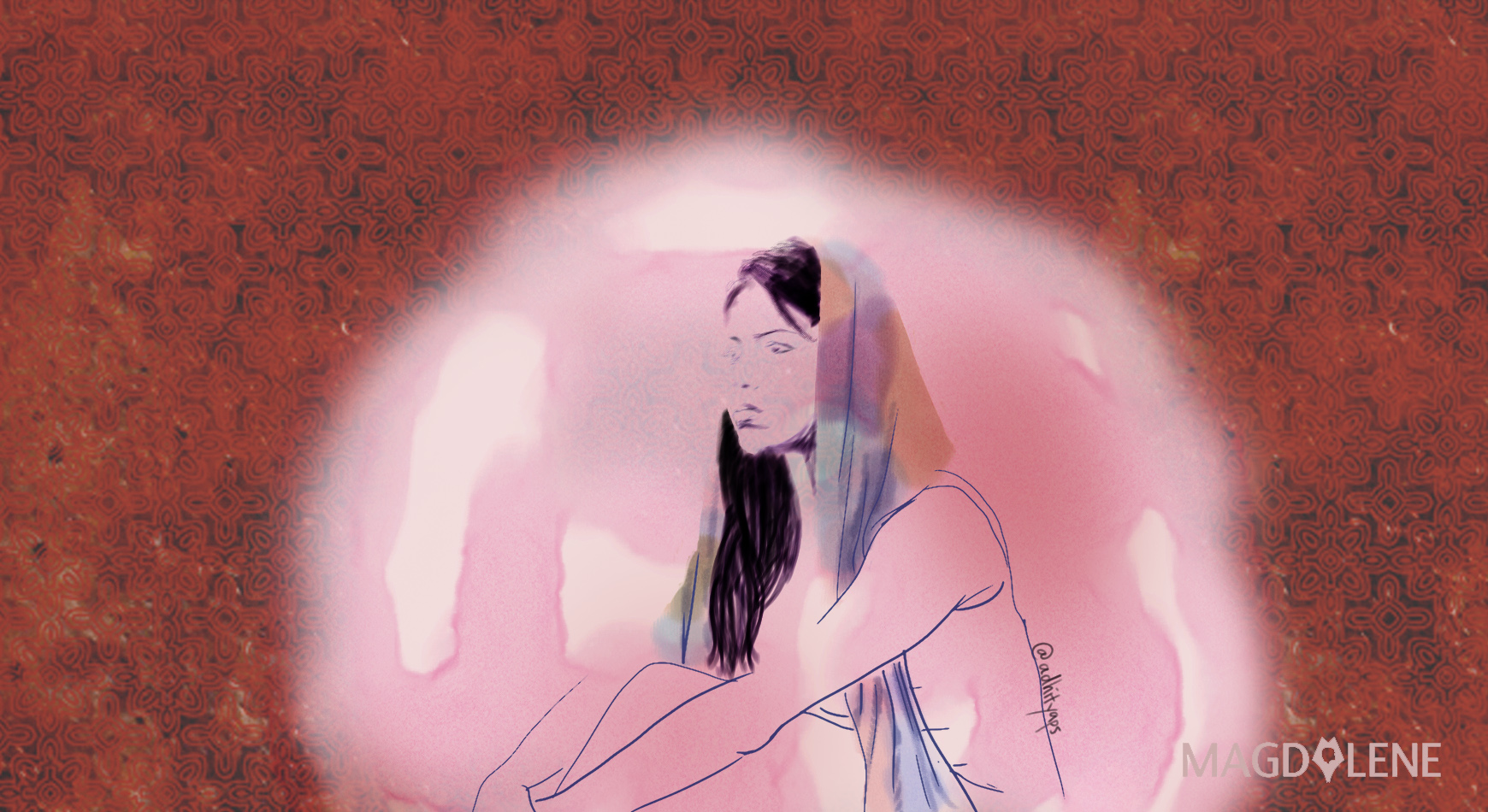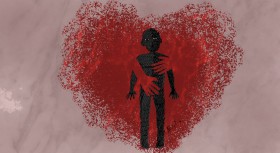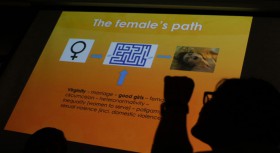The National Commission on Violence against Women (Komnas Perempuan) opposes efforts championed by conservative group the Family Love Alliance (AILA) to criminalize consensual sexual activities outside of marriage, saying such move is legally flawed and potentially harmful to many.
In a statement issued Sept. 2, 2016, Komnas Perempuan dismissed a petition filed by AILA to the Constitutional Court to change Articles 284, 286 and 292 in the Criminal Code that deal with extramarital sex, rape, and same-sex molestation respectively. The Commission said the articles have been helpful in attaining justice for victims. Furthermore, the Constitutional Court does not have the authority to review the Criminal Code, as any change to the Code must go through the legislatures, it said.
On Article 284 AILA asks that Court alters the legal definition of “zina” from adultery, to casual sex, as is understood in Islam. Komnas Perempuan argued that this would contradict the main reason and purpose of why the particular law was made in the first place.
Should Article 284 be expanded to cover casual sex, as is intended by the petitioner, it will change the whole structure of the law, threatening couples whose marriages are not recognized by the state, such as:
- Couples who follow traditional beliefs who still face discrimination when registering their marriages.
- Couples who cannot produce physical proofs of their marriage because of the absence of public service at the time of their marriage (such as during conflict).
- Those in polygamous marriages that are in violation of the 1974 Marriage Law.
Criminalizing casual sex could lead to the persecution of children and teenagers who are exposed to sexual activities. In fact, Komnas Perempuan argued that the increasing number of children who are exposed to sexual activities is a proof of a system failure in the national education, both formal and informal education. Children and teenagers should not bear the weight of this failure, rather, it is the responsibility of the adults, the Commission said.
Such move will also trample on the constitutional rights of women survivors of sexual violence, specifically the rights for legal protection and rehabilitation. In fact, criminalizing sex outside of marriage will potentially end up with the prosecution of women victims of rape, as perpetrators usually argue that the assault was consensual sex, it said.
The Commission said letting the state interfere in family affairs means taking people’s individual choice over their rights to family and marriage. Often a woman decide not to report on adultery committed by her husband, because she wants to keep the marriage and does not want her children to know about it. A husband who found his wife committed adultery might do it as well.
AILA argues that criminalizing sex outside marriage will reduce prostitution and minimize pregnancy out of wedlock, but this is a simplification of the complex issues of sexual violence and sexual exploitation, said Komnas Perempuan.
The second part of AILA’s petition for judicial review is to replace the word “women” in Article 285 in the Criminal Code with the more gender-neutral third-person pronoun “dia”. Komnas Perempuan argues that the proposed change denies the specific vulnerability of women in rape cases in Indonesia. It reduce the experience of male victims of violence, who are usually targeted in a sexual assault because of their gender expression or sexual orientation.
Lastly, AILA seeks to expand Article 292 of the Criminal Law as it does not protect adult men from sexual abuse and does not punish child perpetrators of sexual abuse. The Commission pointed out that there is already a regulation to protect adult men from sexual assault in Article 289 of the Criminal Code and on children perpetrators of sexual abuse on Article 82 of the Child Protection Law. In fact, Articles 292 and 298 of the Criminal Code have helped women victims of sexual violence bring their perpetrators to justice so far, it said.
*Read the official statement by Komnas Perempuan.
**Read about this ongoing campaign to spread awareness against sexual violence among students.









Comments